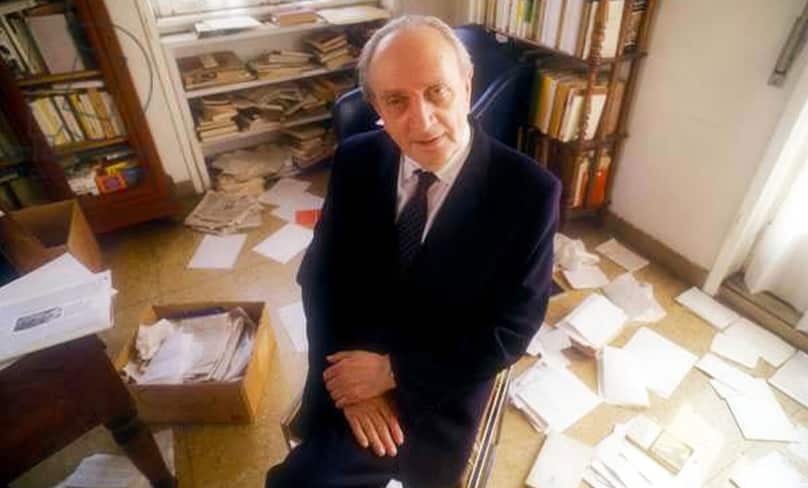
By Francis Maier
This still little-known Italian intellectual is increasingly being called the greatest political philosopher of the 20th Century that nobody has ever heard of
Augusto Del Noce, who died in 1989, ranked as one of Italy’s leading public intellectuals. His seminal text, Il problema dell’ateismo (“The Problem of Atheism”), first published in 1964, has never gone out of print in his homeland.
A committed Catholic and distinguished philosopher, he flirted with Communism as a counterweight to his nation’s fascism in the years before the Second World War. The love affair didn’t last. Instead, he spent his postwar career deconstructing Marxism and diagnosing, with exceptional skill, its toxic effects. Yet his thought was largely unknown outside Europe. A decade ago, English speakers versed in the work of Del Noce numbered in the few dozens. That began to change in 2015 with Carlo Lancellotti’s excellent translation of The Crisis of Modernity. Lancellotti followed it in 2017 with Del Noce’s The Age of Secularisation.
Both books are collections of work dating from the late 1960s to the late ’80s. The essays “Violence and Modern Gnosticism” and “The Ascendance of Eroticism,” along with “Technological Civilisation and Christianity” and “On Catholic Progressivism,” are models of superb cultural criticism.
Over the past six years, Del Noce’s thought has gone on to influence the work of Carl Trueman, Patrick Deneen, Charles Chaput, Rod Dreher, and many others.
Del Noce viewed The Problem of Atheism as the cornerstone of his scholarship. But until now, it’s been unavailable in English. That was finally remedied by its English-language publication on 5 January, thanks (again) to Carlo Lancellotti. A professor of mathematics and member of Communion and Liberation, Lancellotti has singlehandedly made Del Noce’s work available to the Anglophone world.
His “translator’s introductions” to each of the philosopher’s books are engaging essays in themselves. They give valuable background on the author and key historical context for the essays. They also ease the reader into Del Noce’s style which, at times, can be daunting.
